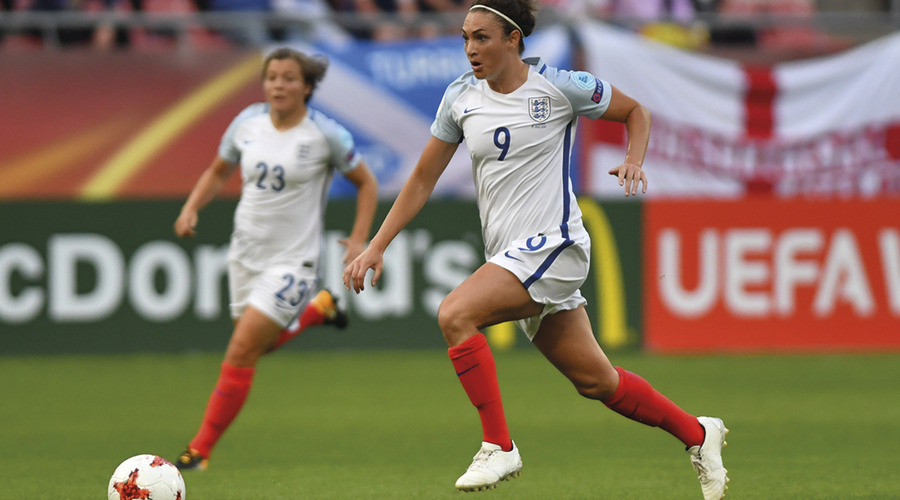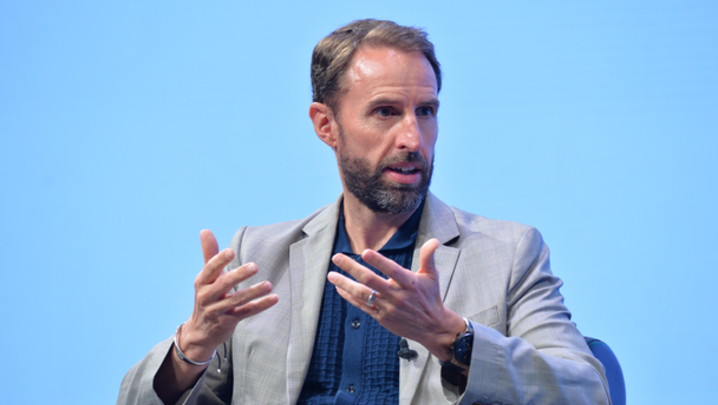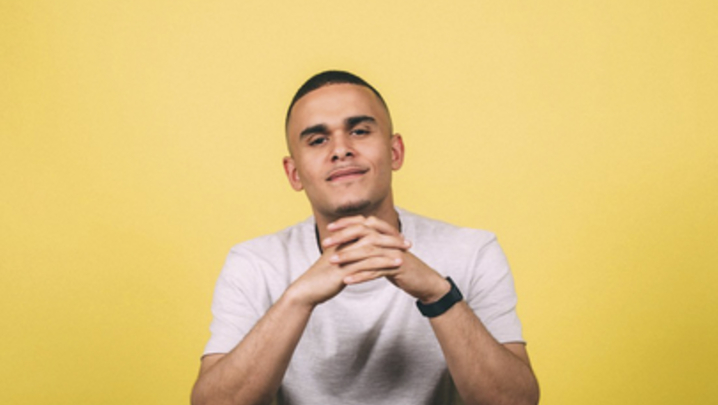The profile of women’s sport on TV has never been higher, discovers Shilpa Ganatra
There’s a perfect storm this summer – and it’s taking place on our televisions. The rise of women in sport has been gathering pace for years. Now – thanks to commercial pressure, the push for equality and some incredible momentum provided by the sportswomen themselves – they find themselves in their strongest-ever position..
“It’s a collision of all these great events,” explains presenter Clare Balding, speaking at the BBC’s #ChangetheGame launch, marking its summer of women’s sport. “When you get a World Cup in our time zone, with England coming in with a great record, we can really believe in it. We also have the Netball World Cup on home soil.
“And [sprinter] Dina Asher-Smith would be the number one in terms of iconic profile. She’s the most visible, the most recognised. She’s really bright and eloquent, and that’s where, for me, the women are really kicking ass. You put a microphone in front of them and they’ve got something interesting to say. They understand the wider responsibility.”
It is an exciting time, when gender equality has progressed both on and off screen, from tokenism to something more meaningful, and women’s sport is now getting the space it deserves. Once consigned to unadvertised hours on specialist sports channels, it’s moved to better time slots, gained more coverage and, most recently, made the jump to primetime on terrestrial channels.
The BBC’s push this year is the most significant and comes after the broadcaster claimed to have increased the proportion of women’s sport on its channels by around a third over the past five years. Women’s competitions now account for around 30% of the BBC’s overall yearly sports coverage. It aired the Women’s FA Cup Final live earlier this year, and the Fifa World Cup, Netball World Cup and Women’s Ashes will follow.
"It challenges stereotypes, shows viewers the sports within their capabilities, and it provides a positive and healthy body image in this selfie-obsessed age."
Channel 4 recently launched Women’s Football World with Balding to air highlights of women’s football from around the globe. And in motor racing, covering the women’s W Series is a significant step.
“With something like the W Series, you have to look at what example that might set to women watching a sport where there are no role models,” says Channel 4’s head of sport, Peter Andrews. “Hopefully, there are now 18 role models racing in fast cars. Claire Cottingham delivered the first live motorsport commentary on terrestrial TV in May and I think it’s really important that Channel 4 is here to make that happen.
“The pressure is then commercial, but, if you don’t put it on air, you never know what audience you’re going to get, and you can only build an audience by putting something out there and building it.”
Specialist sports channels are continuing to invest in women’s sports. Sky Sports has the rights to this year’s Women’s Ashes and the Vitality Netball International Series and Superleague until 2020, with BT Sport covering the Women’s Super League (football) and women’s tennis, and Eurosport the Women’s Tour of Britain (cycling), among other events.
It’s a stark contrast to yesteryear. On pitches and grounds around the country, women have been playing netball, football, hockey and more for decades, yet the lion’s share of screen time, especially on terrestrial television, has been devoted to their male counterparts.
A recent pan-European study by Women in Sport and its European counterparts showed that, while the UK was one of the better countries for coverage overall, the volume relied on high-profile events.
It is instructive to look at the yo-yo viewing figures for the Women’s FA Cup Final since the BBC took over coverage in 2013 – the average in 2014 was 967,000; 1,449,000 in 2015; and 1,070,000 in 2017. This suggests a lack of loyalty on the part of the audience (which may be down to the time slot, competition from other channels and presence of local players rather than a lack of interest in the tournament), as well as a lack of commitment from the broadcaster. The two may, of course, be interrelated. So the BBC’s commitment to screen more than just the big games is important.
“I remember, in 2007, when we got to the quarter final of the World Cup against the US,” says Alex Scott, the former football player turned presenter. “That was the only game that was on TV, so it was very easy for people to tune in and see us lose. And then it’s all ‘same old England, they’re rubbish’. But they hadn’t followed the journey. They hadn’t seen what it took for us to even qualify for our first World Cup in more than 10 years.”
While specialist sports channels have aired female sports for years, it arguably “went mainstream” only in 2017, when more than 4 million tuned in to Channel 4 to watch the Uefa Women’s Euro semi-final, in which England were knocked out by the Netherlands. “That was a seminal moment, certainly for Channel 4. It woke everyone up to the potential of the sport,” says Andrews.
“It’s more than sport – it’s business, it’s culture, it’s education. It changes lives.”
Then, last year, we had the England netball team’s unforgettable win at the Commonwealth Games, where they beat Australia, the hosts, in a down- to-the-wire 52-51 battle. And, earlier this year, England won the invitational SheBelieves Cup, building momentum for the summer’s football World Cup in France.
While the profile of women’s sport has been raised, there’s quite some way to go, however, before it achieves equal status with men’s. In a survey published in March, consumer insights company Netfluential identified the main obstacles to people watching more women’s sport as: lack of coverage, the quality of commentary and poor advertising of fixtures. Putting these right must be prioritised if we are to create a more mature women’s sports scene. And these changes will not happen overnight: we will see the dividends from those women receiving training and experience in front of (and behind) the camera only in years to come.
Of course, there’s a moral as well as a commercial reason to bring female sports up to parity with its male counterpart. It challenges stereotypes, shows viewers the sports within their capabilities, and it provides a positive and healthy body image in this selfie-obsessed age.
“You will also see women taking risks, and actually not being afraid to fail, and I think that’s a really important message that sport can deliver,” says Balding. “You’ve got to go out there, do it in front of a public that is watching you and will judge you, and the result will be that you’ll be OK. You’ll get up and you’ll do it again. That’s what it’s about.”
To this end, the BBC’s director of sport, Barbara Slater, promises a 50:50 balance in streaming coverage. “Our live streaming service delivers more than 1,000 hours of additional live sport coverage every year, and we’ve committed to making at least 500 of those hours devoted to women’s sport,” she says.
Commercial broadcasters might not be as free to make specific commitments, but they are offering continued support. Jamie Steward, senior director of production and broadcast at Eurosport, says: “Eurosport has been committed to broadcasting women’s sport for a number of years and will continue to invest as part of a longer-term strategy.
“We aim to give fans the broadest, most in-depth viewing experience across our key content – and women’s sport plays a big role in that, and will continue to do so moving forward.”
However it plays out, the momentum gained so far in 2019 means that TV is wholeheartedly embracing women’s sports. Increased coverage has drawn in major sponsors such as Barclays, Coca-Cola and Boots, and the Telegraph has launched a women’s sports section. “Everyone’s getting it,” says Balding. “It’s more than sport – it’s business, it’s culture, it’s education. It changes lives.”





